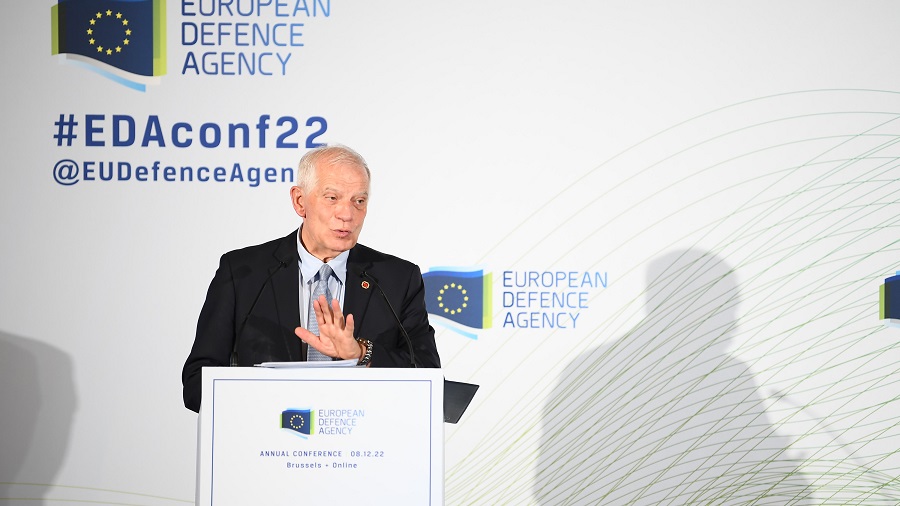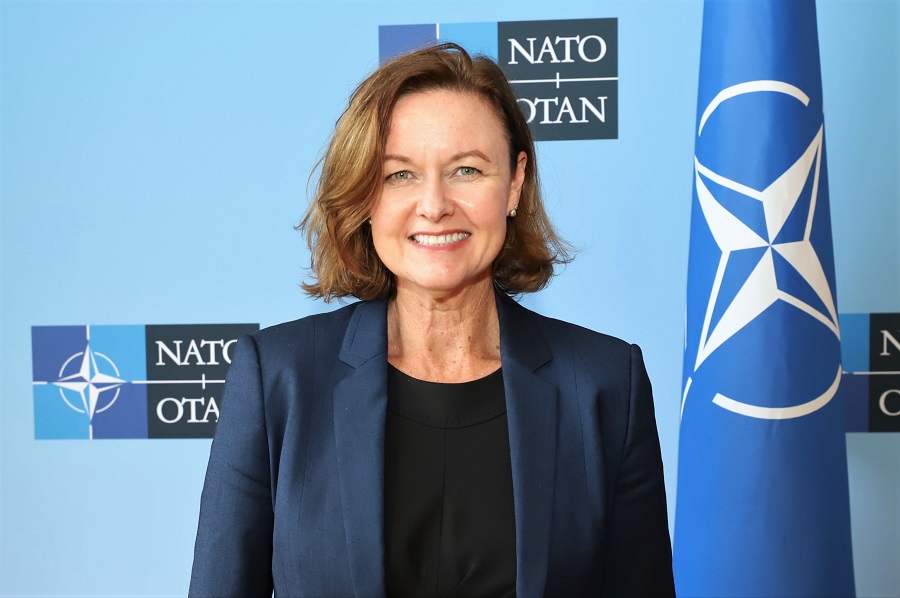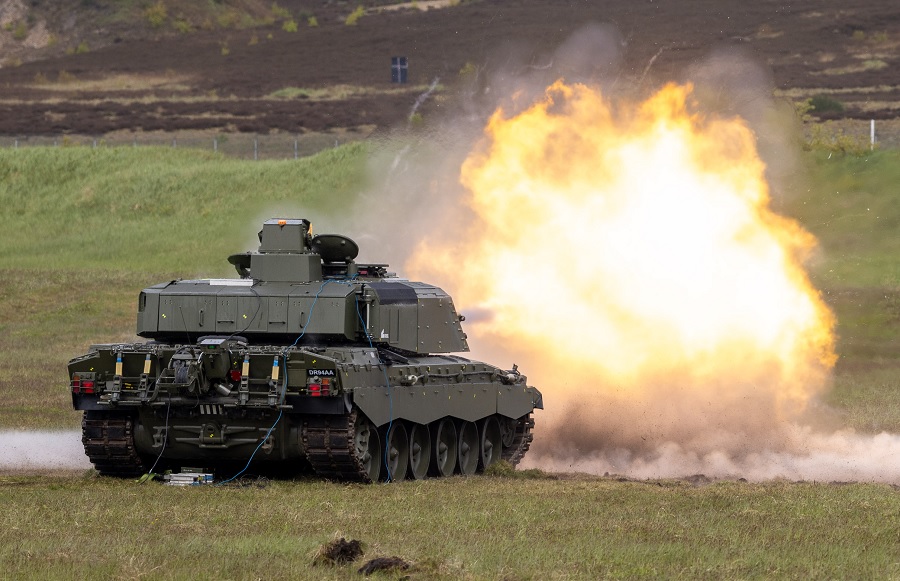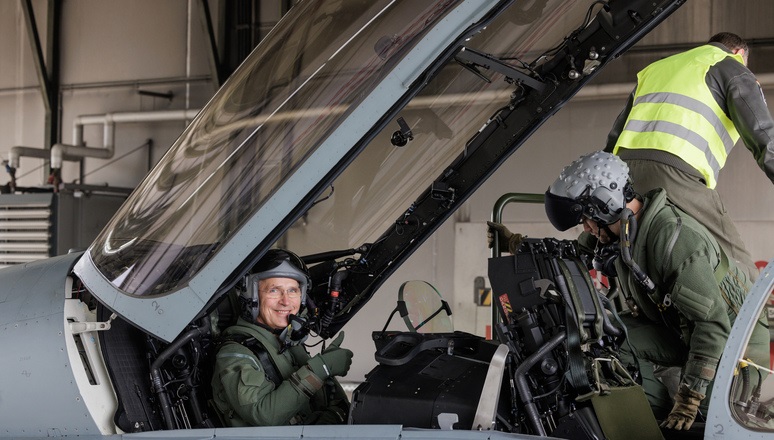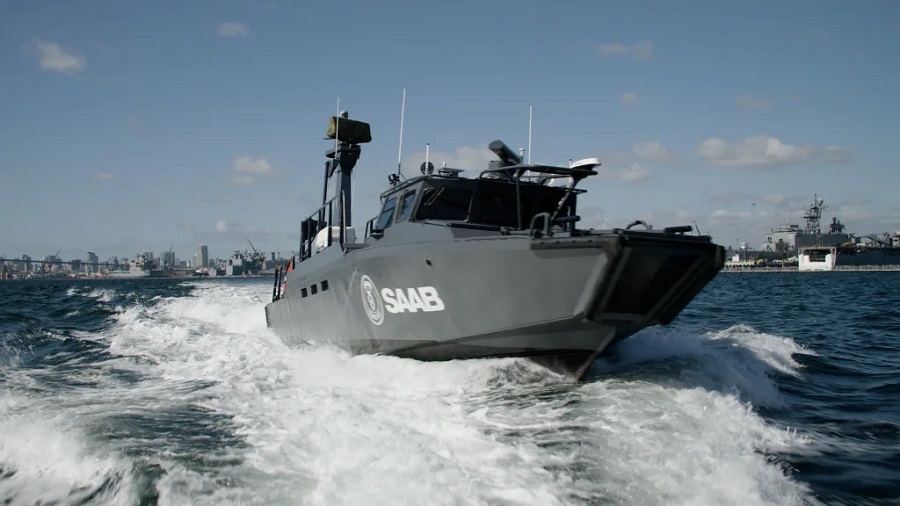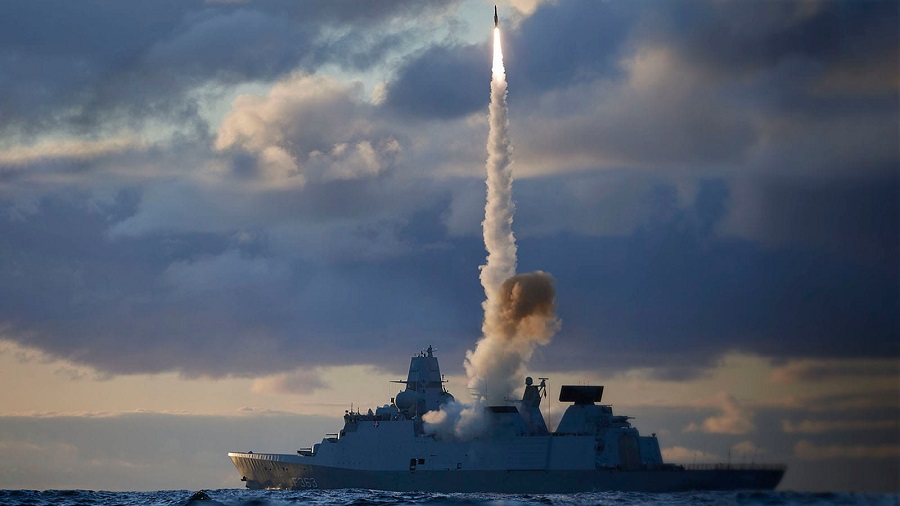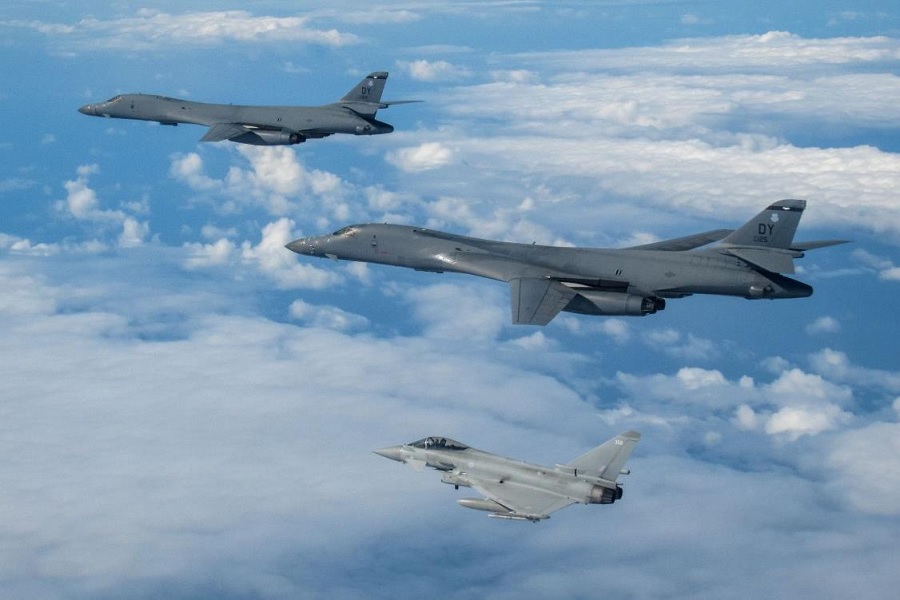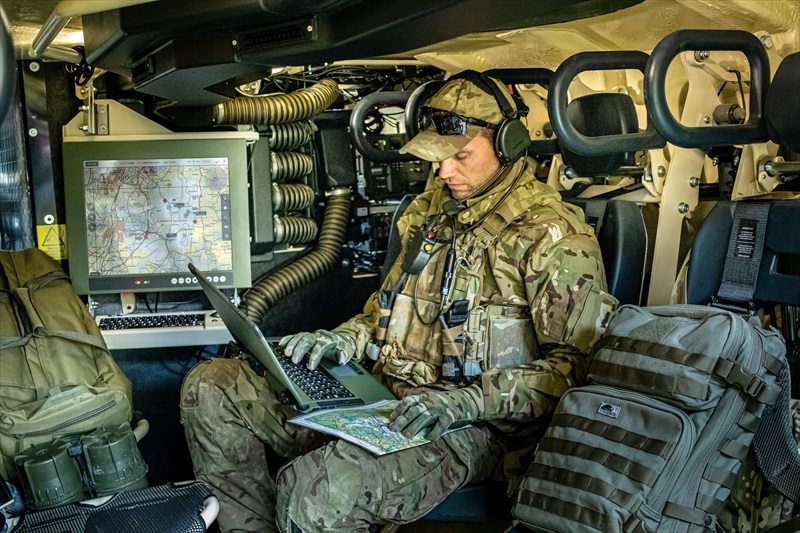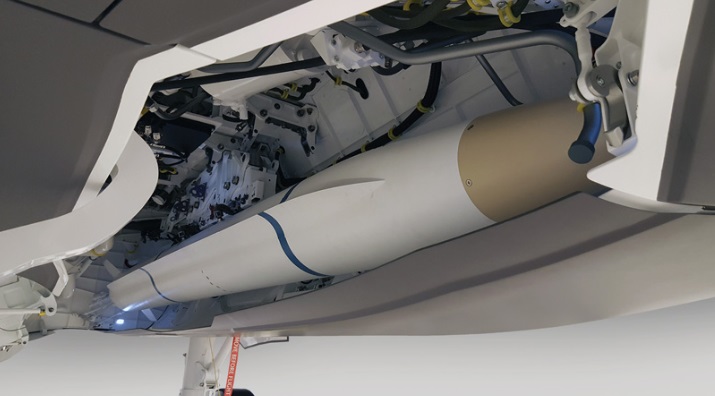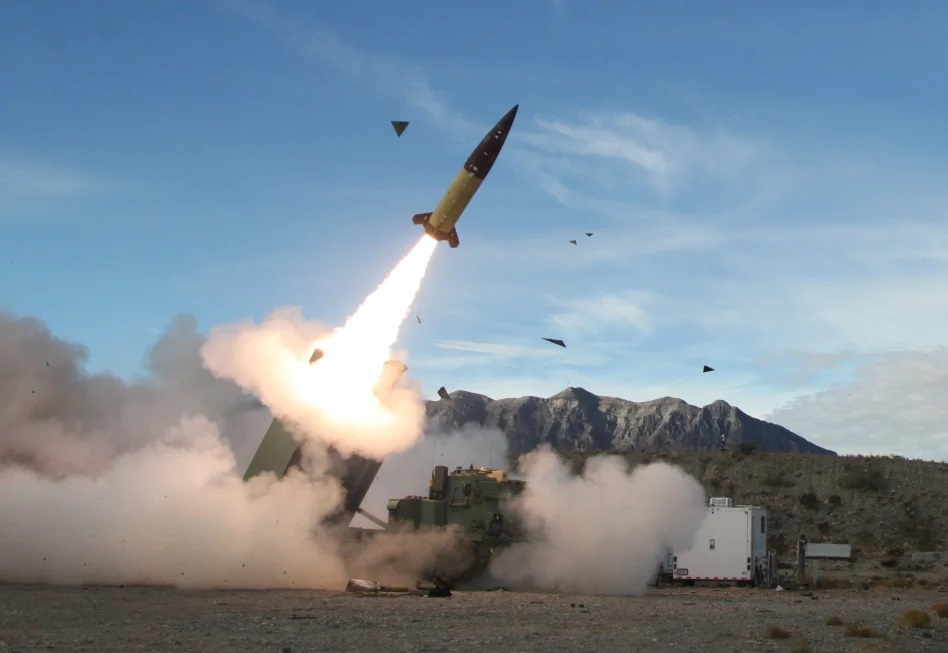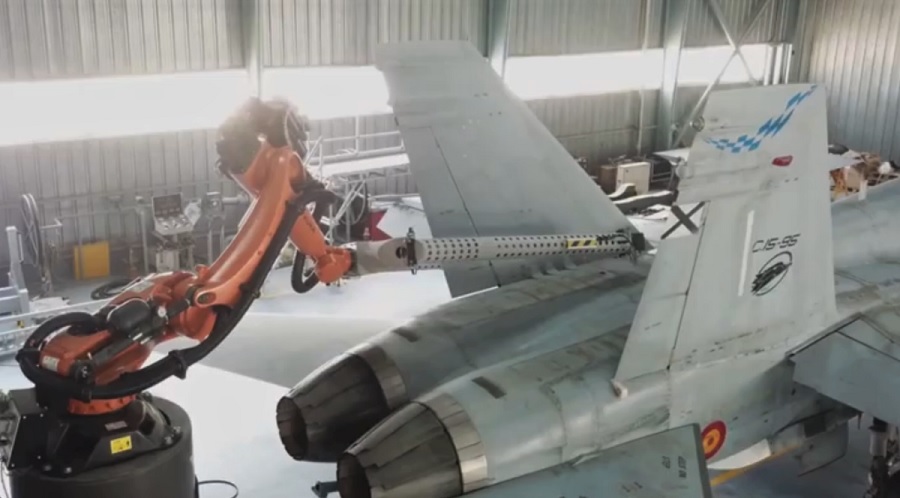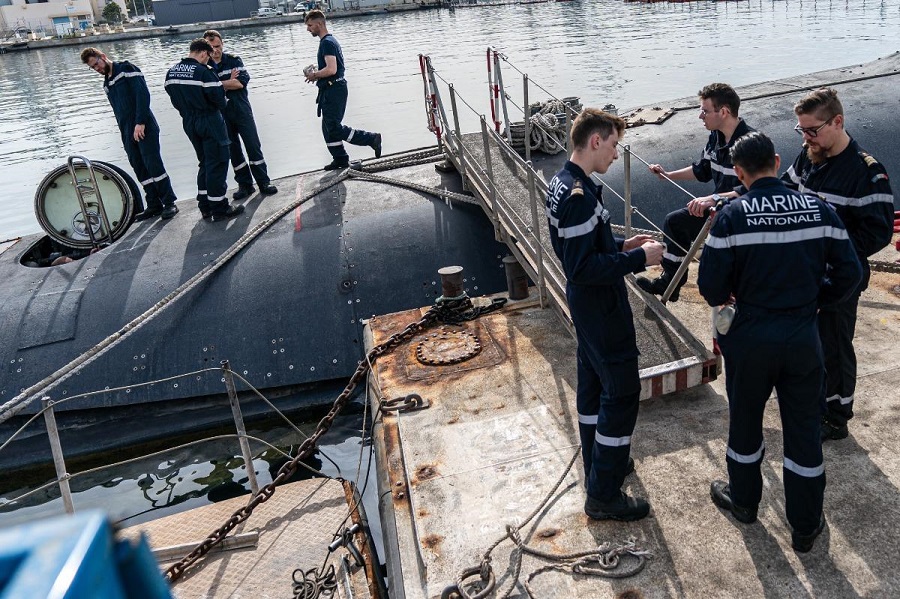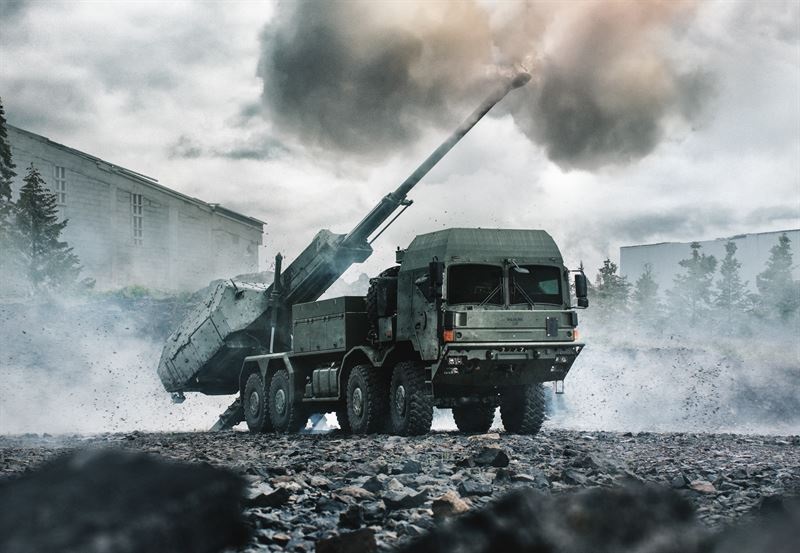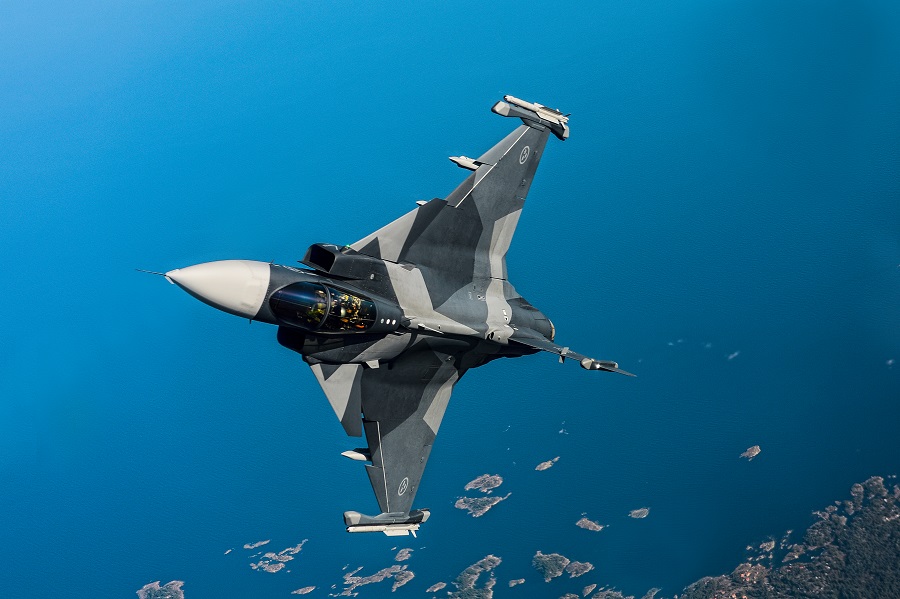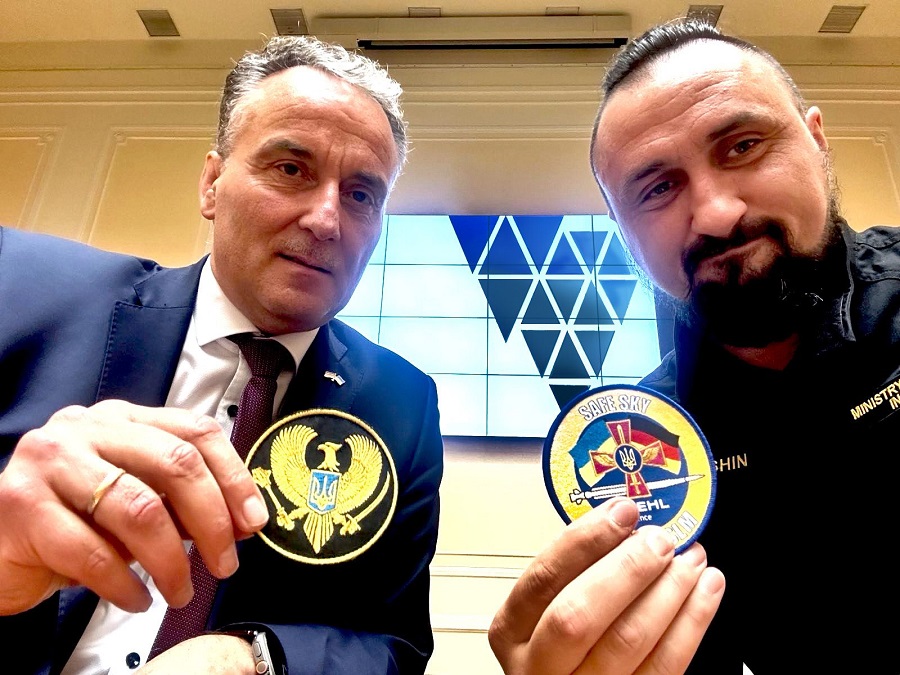At the forum, “Investing in European Defence”, Head of Agency Borrell said the EU was also at a turning point in defence spending, after the EU’s Member States surpassed the €200 billion-level in 2021 for the first time. Borrell presented EDA defence data for 2021.
“After the Cold War, we shrunk our forces to small-size armies without coordination … We lack critical defence capabilities,” Borrell said. “We have to compensate years of underspending”, he told the conference.
“Total defence expenditure that Member States have announced will grow by another €70 billion in the next three years,” Borrell said. “But people don’t fight with banknotes. There’s a lot of work to be done. This is going to be a challenge to spend this money in a coordinated manner. If our national decisions are only focusing on present needs … it will be again a fragmented European capability landscape.”
Speaking to the EU defence community, with some 300 participants at the Brussels venue and many more following online, Borrell said we need to find the right balance between responding to present needs and preparing for future threats.
Borrell outlined the positive trends but underscored the risks. “We are facing real threats, close by and likely to get worse,” Borrell said.
EDA READY TO SUPPORT PROCUREMENT
Defence investments in the EU reached a record level of €52 billion in 2021, making up almost a quarter of total defence spending. For the third year in a row, EU Member States collectively met and went beyond the 20% agreed benchmark. Nineteen Member States reached the benchmark, the highest number since EDA started collecting data, and five more than in 2020.
But even if collaborative defence equipment procurement rose to 18% of total spending on equipment from 11% in 2020, “we are still far below the 35% agreed benchmark,” Borrell said.
Borrell told the conference that EDA stands ready to support the actual procurement, or even act as contracting agent, if Member States so wish. The Agency has the legal basis and experience to do so
The EU needs to address short term needs by investing and procuring jointly. “Put simply: buying more together,” Borrell said.
EDA Chief Executive Jiří Šedivý also told the conference that Europe must ramp up its capacity to act militarily – because EU citizens want it. “Our citizens want and expect us to act. A recent flash Eurobarometer survey that three quarters of Europeans say that ‘we need grater military cooperation within the EU.’


